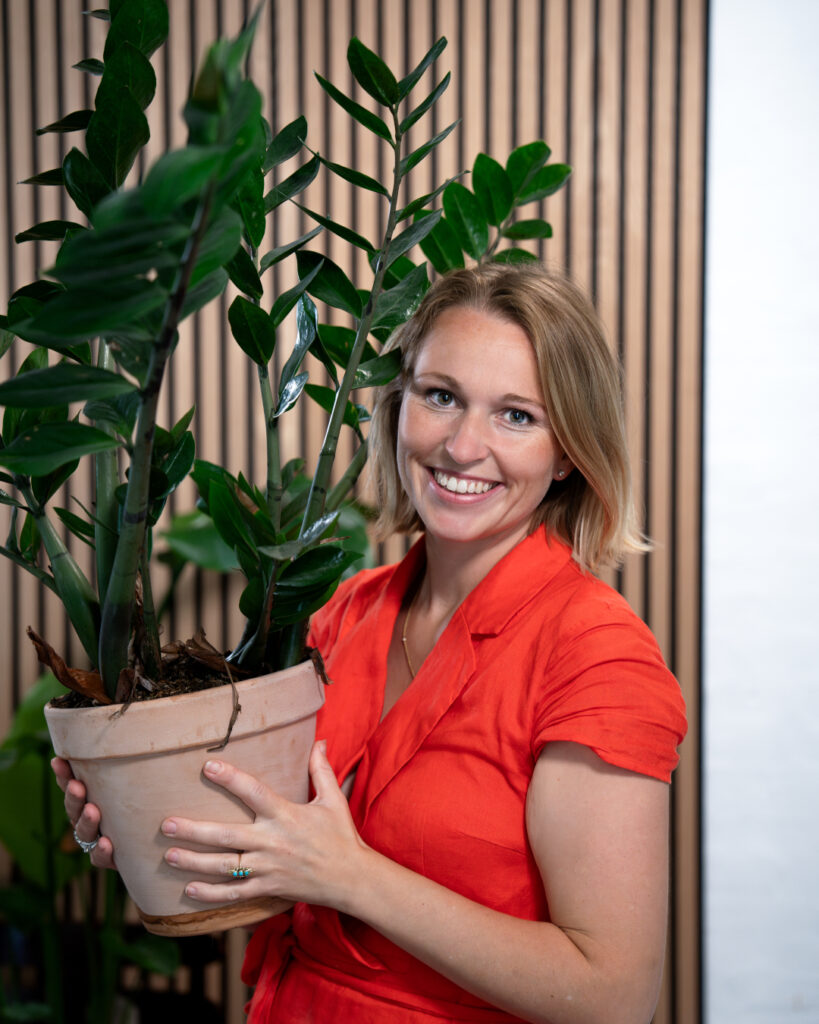4 Mins Read
The Danish Foundation for Plant-Based Foods has announced the first 36 projects receiving investment as part of its $180M Plant Fund. It comes two months after it became the first country to introduce a national action plan to transition towards a plant-based food system.
First announced in 2021, Denmark’s Plantefonden (Plant Fund) is part of a 2021-announced climate agreement plan, which earmarked $180M to advance the plant-based sector as a “central element in the green transition”. About $97M of this was set aside for the fund, with the rest going as bonuses to farmers growing plant protein crops for human consumption.
Now, it has announced the 36 recipients that will be part of the first round of the financing, amounting to $8.4M. These projects span multiple realms, from developing new plant proteins and training kitchen staff to national information campaigns – and they were selected from 101 applications from startups, universities and others, requesting more than thrice the allocated budget.
“This is world history,” remarked the foundation’s president Marie-Louise Boisen Lendal. “Denmark is a pioneering country and has created the Plant Fund in a broad agreement at Christiansborg, which has now made the first commitments. We have previously called Plantefonden’s milestones important – but this one is probably the most important. It is in the commitments that we really move forward with the plant-based agenda.”
How the first round of Plantefonden stacks up

Of the 36 projects, 33 will start work in January next year. The Plant Fund operates on three governing strategic development areas: stimulating demand, stimulating supply, and building sector bridges. In the call for this year’s applications, it was stressed that the focus would be on the former, which is why 31 of the projects address this as the primary development area, with 78% of the round’s funding going to these projects. The remaining 22% of the pool focuses on stimulating supplies.
Nearly half (46%) of the funding supports a rise in “the proportion of plant-based food in public and private commercial kitchens and foodservice”, while 30% is earmarked for increasing citizens’ private consumption of vegan food. A further 17% is dedicated to enhancing the quality and quantity of products entering the market, as well as growing the demand for locally produced food on the export market. The final 5% is to ramp up both land- and marine-based plant protein production.
“In this round, we have prioritised commitments to the smaller projects with the goal in mind that the Plantefonden’s funds have as broad an impact in society as possible,” said Boisen Lendal. “I hope that when we look back on this moment in 10 years, we look back on something that was not just the starting point for a broad national success, but also the moment that set off a global trend.”
The largest part of the funding ($629,000) went to research and awareness project FIGO, a partnership between the Danish Vegetarian Foundation, the Vegetarian Society of Denmark, Tempty Foods Food Solutions A/S, and Professionshøjskolen Absalon. Normplant (a plant-based catering solutions provider) and Make It Easy (a legume promotion campaign) followed with $548,000 and $519,000, respectively.
Calls for increased plant-based funding in Denmark

The announcement comes two months after Denmark became the world’s first country to announce a national plan to shift to a plant-based food system, which was part of a 2021 climate agricultural plan that aimed to cut food emissions.
The plan laid out by Denmark’s Ministry of Food, Agriculture and Fisheries involved training chefs in both public and private kitchens on the preparation of vegan meals, a higher focus on plant-based diets in schools and the education system, expanding the exports of locally produced vegan food through embassies, and increased investment more in R&D for this sector.
This is key, given that the sector remains “severely underfunded”, according to the Vegetarian Society of Denmark. Experts from several of the country’s universities have pointed out that funding must increase by at least sixfold, reaching $55M annually. And while retail sales of plant-based food in Denmark increased by 10% from 2021 to 2022, reaching €105.1M, it’s still amongst the smallest markets in Europe, accounting for less than 2% of the continent’s total.
“Both we and many other dedicated forces in the plant-based sector are determined to make the mission succeed, but it also requires further investments throughout the value chain,” said Rune-Christoffer Dragsdahl, secretary general of the Vegetarian Society of Denmark. “And here, the money does not match the ambitions.”
He added that the national action plan lacked concrete objectives: “There are a lot of great visions in the action plan, but it is unclear which goals will be achieved and how they will be achieved. If Denmark’s constructive path is to be a credible alternative to, for example, the Dutch approach – which led to large demonstrations in the country – the visions need concrete figures.”
But he acknowledged that being the first country to introduce such a plan was “internationally groundbreaking”. Shortly after, South Korea was second on that list, unveiling its own dedicated plan to bolster plant-based food production and promoting alt-protein consumption.



